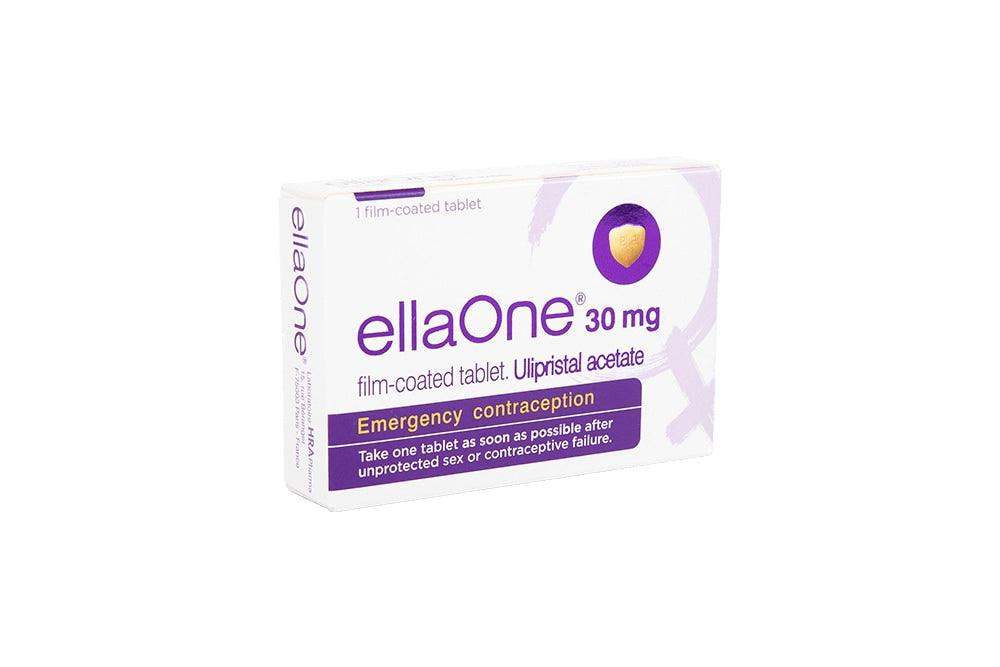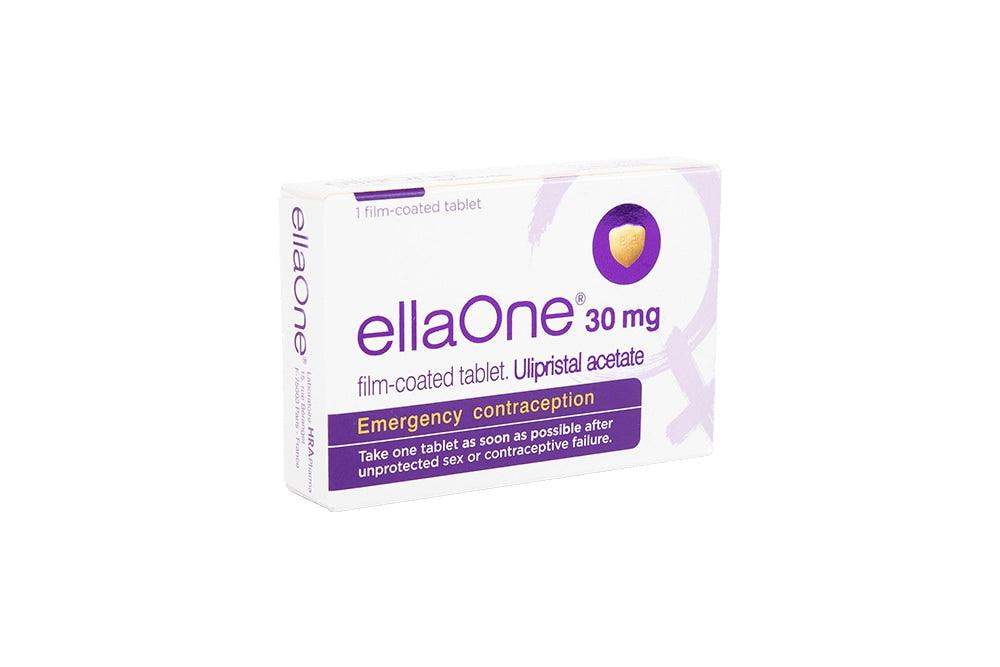- Consultation
- Treatment
- Payment
Treatment options
-
Next day delivery
-
Discreet & confidential
-
UK licensed medication
EllaOne Contraceptive Pill
EllaOne serves as an effective form of emergency contraception, often referred to as the 'morning-after...
EllaOne serves as an effective form of emergency contraception, often referred to as the 'morning-after pill'. It is designed to prevent pregnancy after unprotected sexual intercourse or contraceptive failure, such as a broken condom. This medication contains the active ingredient ulipristal acetate, which works by delaying ovulation, thereby reducing the chance of fertilisation. EllaOne can be taken up to 120 hours, or five days, after unprotected sex, but it is most effective when taken as soon as possible. Widely available across the UK, ellaOne can be obtained over the counter without a prescription, enhancing accessibility for those who need it. However, as with all medicines, it's important to understand how to use ellaOne correctly, its potential side effects, and any precautions before taking it.
PRICE CHECKER
| 30mg | |
| 1 tablet | £24.99 |
PRICE CHECKER









Description
Side Effects
EllaOne Contraceptive Pill Patient Leaflet
Additional Information
How to take ellaOne?
Warnings and Precautions
Delivery
Product reviews

How it works
This is a quick process and should only take 1 - 2 minutes. All of your answers are confidential, and just like a GP consultation, you will know what treatment is most suitable for you upon completion.
Once you have completed the quick online form, select the treatment option most suitable to you and checkout securely. If you are eligible for treatment you will be asked to upload an ID.
Welzo will send you order to one of its authorised partner as we only act as a referral service. A medical professional will review your answers to the online medical consultation and determine if it’s safe to prescribe and what treatments are available.
Frequently Asked Questions about EllaOne Contraceptive Pill
Can you still get pregnant if you take ellaOne?
How long does it take ellaOne to work?
Can I use ellaOne after ovulation?
How do I order my medication?
Can I cancel or return my order?
Ellaone next day delivery
How effective is the ellaOne pill?
Is this medication suitable for me?
How is the medication delivered?

Why Welzo
Prescription medication is shipped out for next-day delivery in discreet packaging.
Welzo only works with UK-based pharmacies. All our medication is authentic and issued by GPhC-registered pharmacies and prescribers.
We put you in touch with clinicians and health experts that can support you along every step of your treatment journey.











 Rated Excellent by 26,523+ Reviews
Rated Excellent by 26,523+ Reviews